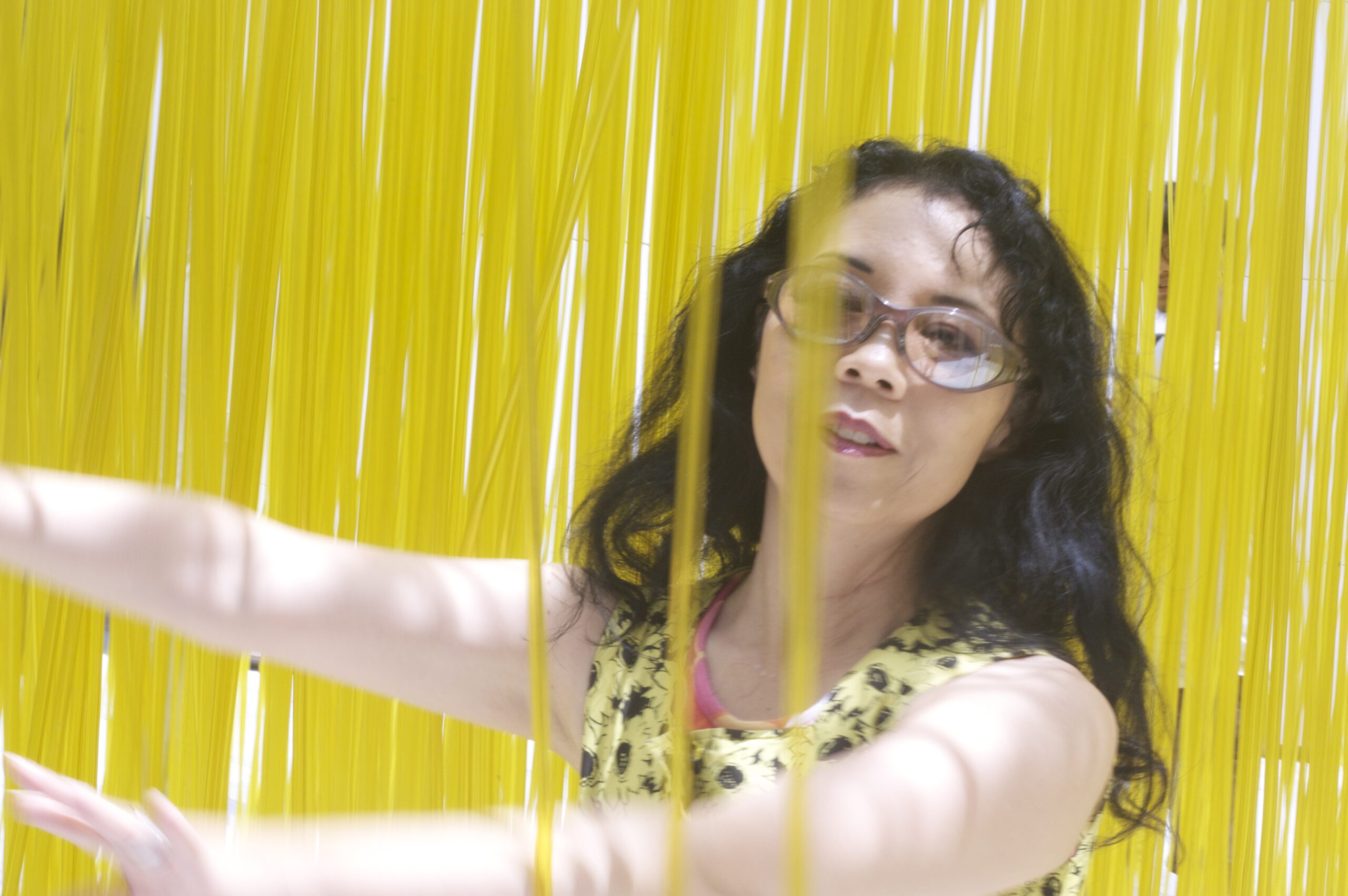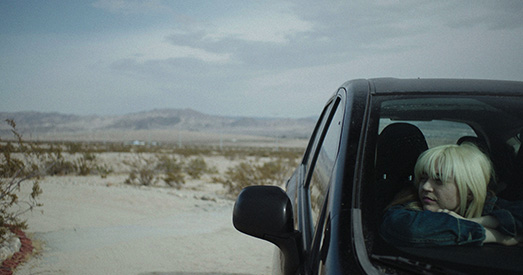Three female directors—Shaz Bennett, Katrelle Kindred and Laura Steinel—spoke at a special breakfast panel, “Breaking the Frame: A Conversation About Craft and Career,” at the historic Roosevelt Hotel on Monday morning as part of AFI Fest 2018.
Bennett and Kindred were both in the AFI Conservatory’s Directing Workshop for Women (DWW). All three had movies screening at the festival.
Steinel, an actress and television writer, had her first feature film, a comedy starring Taylor Schilling called “Family,” at the festival after its SXSW premiere. Kindred’s DWW project, “Warpaint” premiered at the Sundance Film Festival; the film explores what it is to be a young, black female in South Los Angeles on July 4th. Bennett took part in the inaugural Fox Directors Lab in 2017—the same year she was in the Sundance Screenwriting Lab. She directed her first television episode on season three of “Queen Sugar.” Her short film, “Desert Rats” (pictured at top) premieres at AFI Fest 2018.
All three films are about family. Steinel said she was interested in looking at “misunderstood people.” Bennett’s short film is meant to help sell a premise for a television show. Kindred wanted to tell a story about “a day in the life being 14 in a certain community.”
The women had to learn to let go of segments of the script that weren’t working or there just wasn’t time for film to include. Steinel said, “You hold on to what you know you need to tell the story.” Bennett shot her feature in 15 days, but had already done so many re-writes that she was pretty confident with the script. Still, she originally had three different characters with three different timelines and did her final re-write in the editing and that resulted in two main characters being cut. “Sometimes that last edit is the last re-write.” Kindred said, her story was “very personal” and the scene that was “most painful to write” was kept in. What you keep should be “as truthful to the story as possible.”
Hoping to evoke a certain community, Kindred used songs that were “true to the environment.” That might mean using tunes that “are not your music” because she was “trying to channel that teenage type” and kept in mind the community the kids were in.
Bennett was working with a composer on the soundtrack she had worked with previously. “When I first started working with him” she felt “I don’t know how to explain what I need you to do,” but then she “just started talking about the story” and would tell the composer, “at this morning, I need to feel this. They’re musicians; they know how to do that.” Sometimes the best thing is to get out of the way and let them do their jobs.
Not everything works once you get to running and filming the scenes. Steinel explained, “You learn really quickly to be collaborative,” particularly because in her case they didn’t have rehearsals. “There was some improvisation.” When a scene wasn’t working, she’d ask the actors what they thought would work better.
For Bennett, she and her crew were a “well-oiled machine” and she said, “We made sure we had the time to give breath to the story.” Because she filmed in 29 Palms in California, but the action is supposed to take place on the Salt Flats in Utah, she made sure the shift the color from the beige of the California desert to the blues and whites of Utah because “the reflection from the salt is so unique.”
Kindred wanted to “play with the color palette from pink to red,” with red “meaning the danger zone for these girls.” Her goal was to “enhance it (the community) with that color palette and not change it.” She also noted that to prepare, she watched a lot of short films and music videos and she and her crew “talked for a month about the script before we talked about the visuals.”
To get where these women are requires sacrifice. Steinel advised: “Don’t give away your work; don’t give away your scripts and don’t be a perfectionist. Make garbage. Sometimes women tend to over scrutinize themselves in their work and stop themselves.” She spent weekends without a social life, just cranking out scripts at a Starbucks with her cumbersome laptop.
Bennett was “lucky to get a job as a writer’s assistant on a television show.” There she learned that you can “pitch 50 ideas and 20 of them get shot down.” Television moves fast and you just need to keep writing. “Don’t get precious about it. I have six friends and we hold each other accountable.”
Kindred keeps herself on schedule. She’d make a pact like she owes herself 10 pages by a certain day or she doesn’t get to do something else.
The cash to make their movies came from different sources. Kindred got $10,000 from Fox as part of the Lab. Steinel put up her own cash and borrowed money from her parents, but she also admits, “I did all the wrong things—shot outside, with a kid in Santa Monica.” Kindred was able to find match-funding grants with companies that hold space for that topic and she had a topic that “people care about” so she was able to raise all that money.












